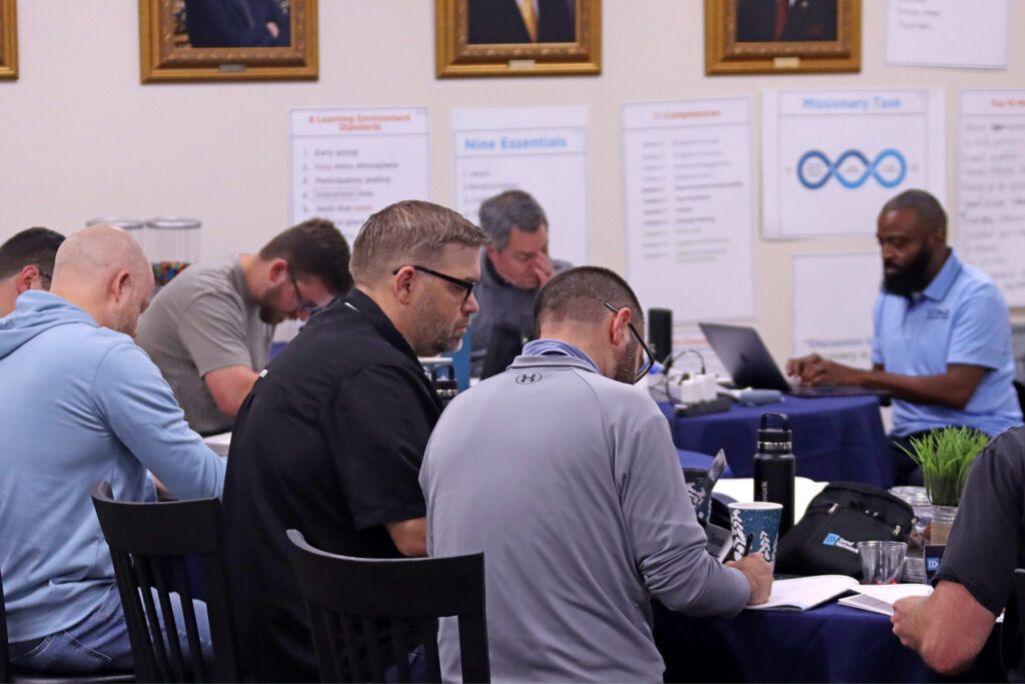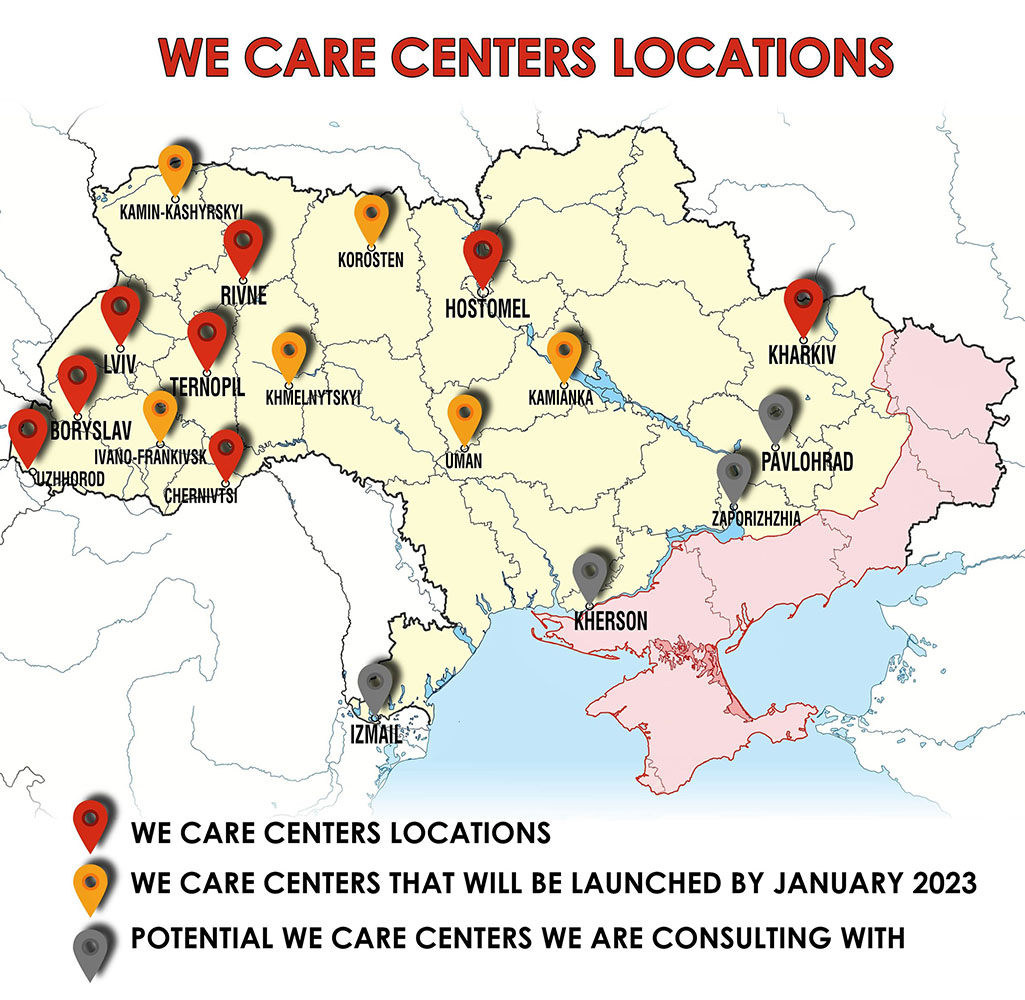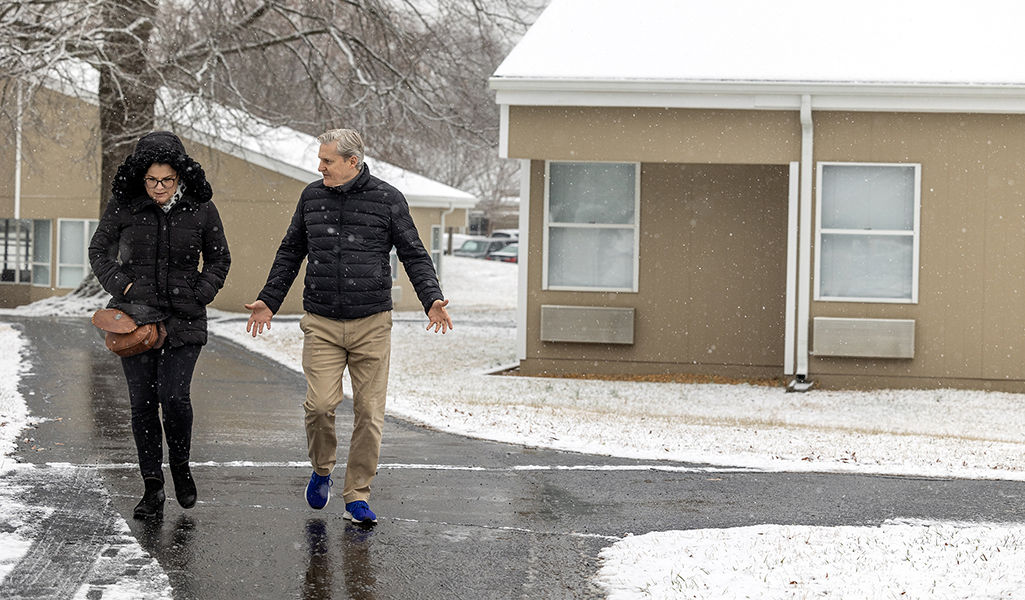
Church planting trainers gather together April 7–9 for the Send Network Training Map at William Carey University.
HATTIESBURG, Miss. — Church planting is not a one-size-fits-all process — neither is training church planters. Each church planter has a unique calling that must be fostered by established ministry leaders who are properly equipped to guide them in their ministry context. To help facilitate and encourage this process, 10 trainers gathered on April 7–9 for the Send Network Training Map with 242 Network.
The 242 Network, a Mississippi church planting organization that helps established churches plant healthy congregations through assessment, training, coaching and support, joined with representatives from Send Network — the national church planting arm of the North American Mission Board (NAMB) — for the three-day training event.
For the first time in Mississippi, the training was held on a college campus. Organizers strategically chose William Carey University to reach the next generation of church planters.
“The purpose to bring it on a college campus was so that we could get the exposure to the students, to the faculty, of the 242 Network,” said Andy Boles, 242 Network coordination director.
William Carey University in Hattiesburg was chosen specifically for its location in the southern part of the state, where more church planting focus is needed.
“Hattiesburg is unique in that we need more trainers in the central and south part of the state,” said John Allen May, 242 Network executive director. “We have a void at the moment that we’re trying to fill and we’ve got good men in the area that want to participate. They just haven’t had an opportunity yet. And so we’ve got an opportunity for them to come get plugged in so we can kind of have more trainers that are investing in planters, not just in northern cities, but in the central and south part of the state as well.”
Facilitators at the event emphasized that training church planters is more about the individual than about following a predetermined process.
“Training is not replicable in the sense that you go and just teach somebody how to plant a certain kind of church,” said May. “They’re not teaching a guy what kind of church he needs to plant as much as they are helping uncover a burden in a guy’s heart and what God’s doing in his life to plant the church that God’s called him to plant.”
The strategies shared at the event benefit not only church planters, but also have applications across all areas of church life.
“I’ve always had a heart for mentoring guys, and this has given me some tools to be able to do that better,” said Zach Kilpatrick, pastor of Mt. Zion Church in Brookhaven. “And it really opens an avenue to do that for church planters in the state. Although I’m not necessarily a church planter, we recognize so many of the skills of pastoring are required to do both of those. And so this is helping me know how to serve those guys better.
“I recognize that the more trainers that we have, the more church plants we can have, and those church plants can be healthy. I love the idea of being able to be part of that process.”
(EDITOR’S NOTE — This story originally appeared at the Baptist Record.)


